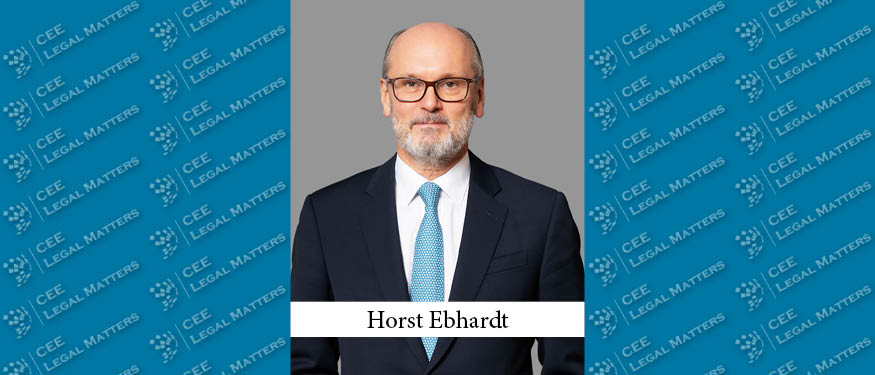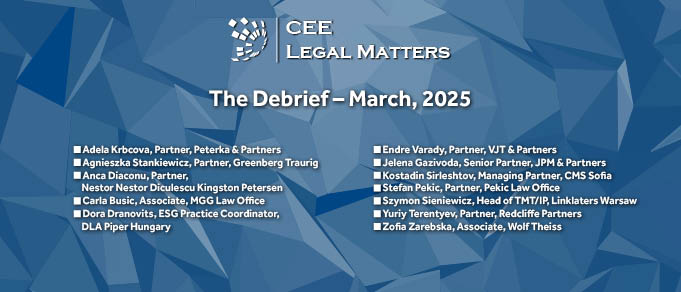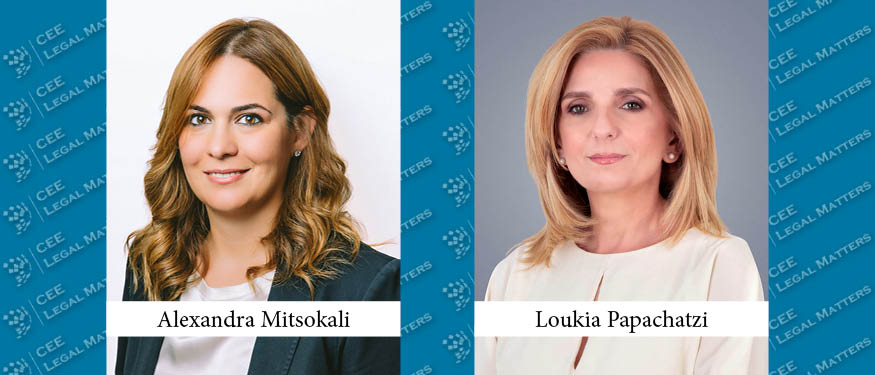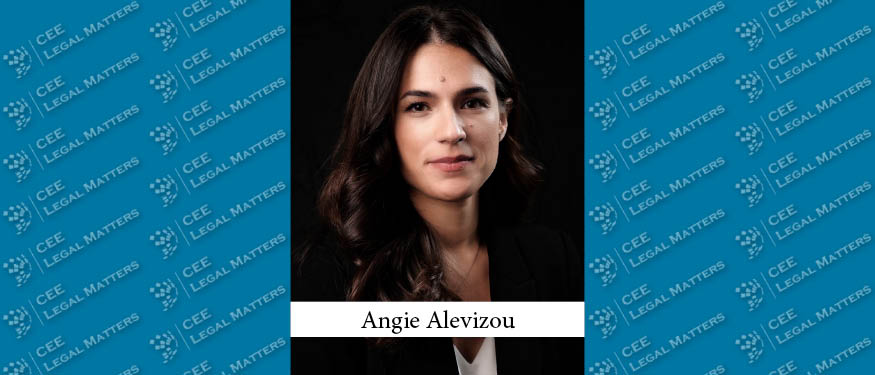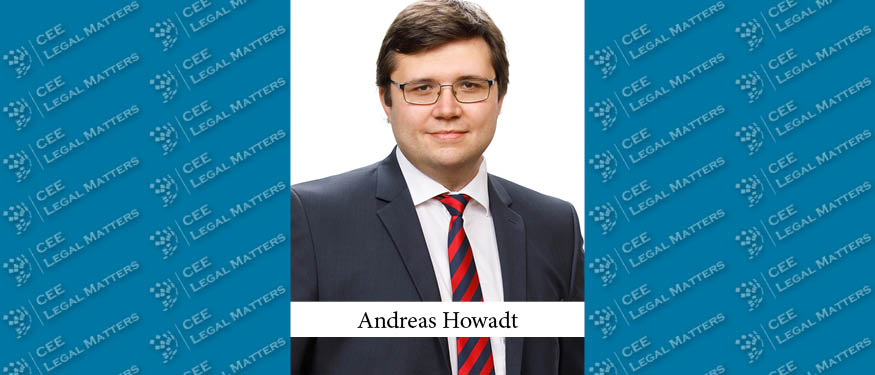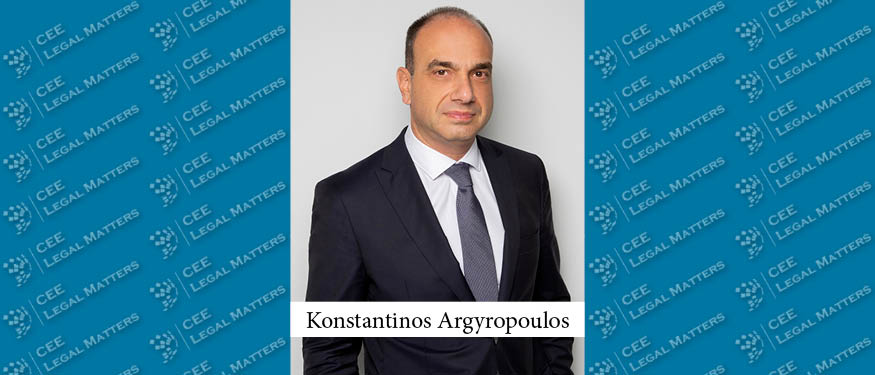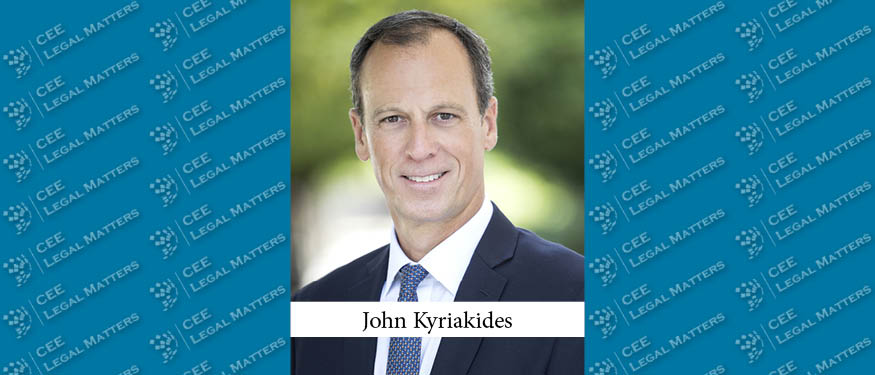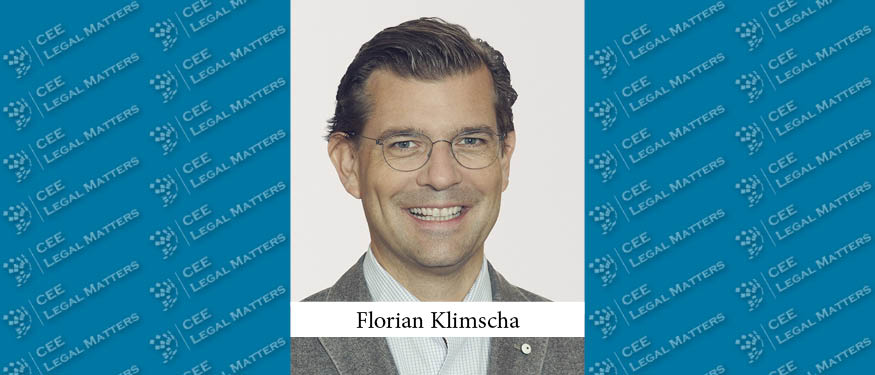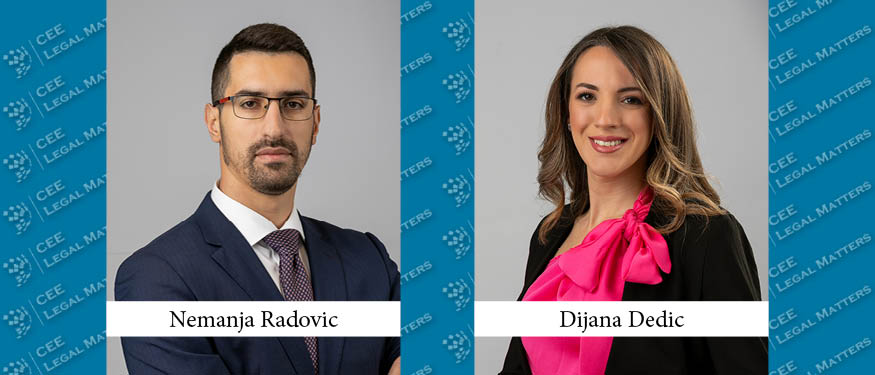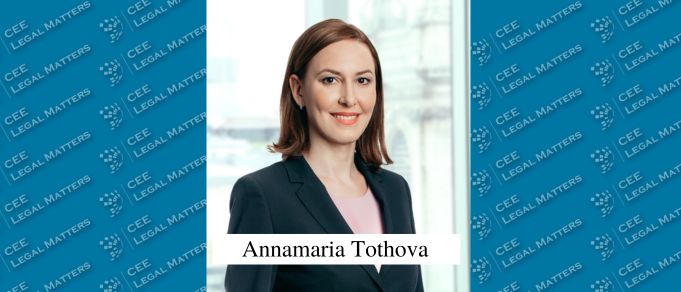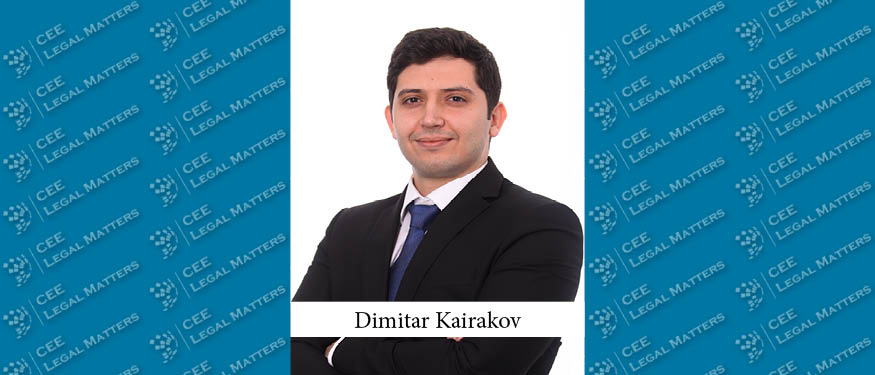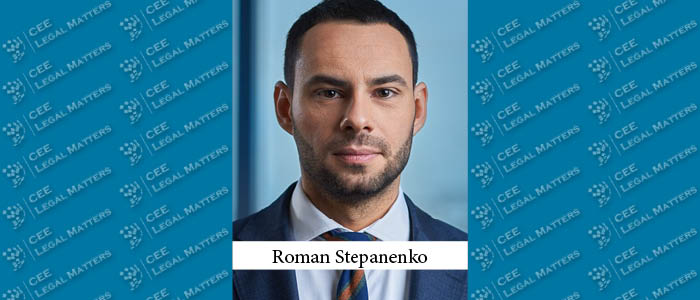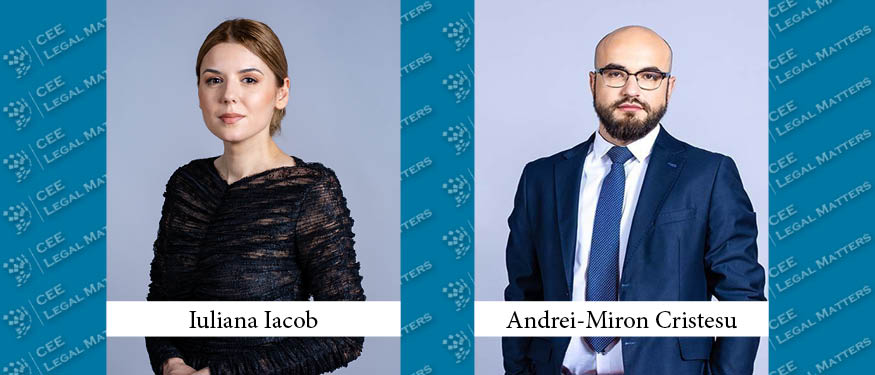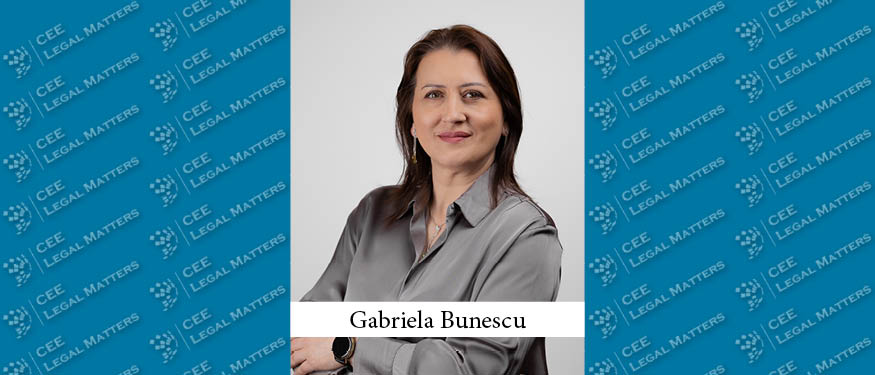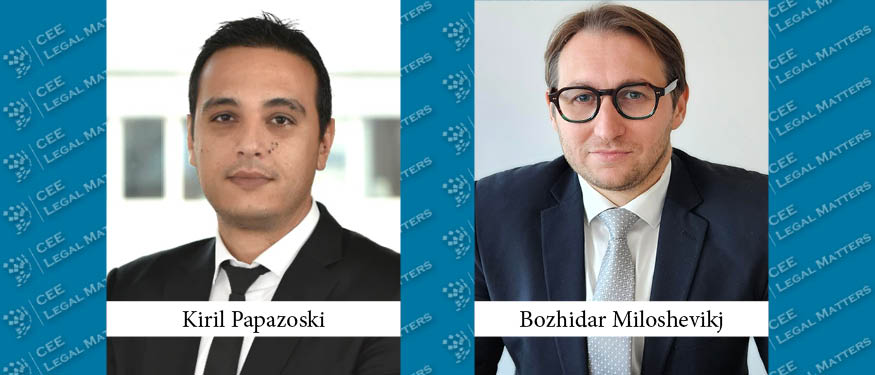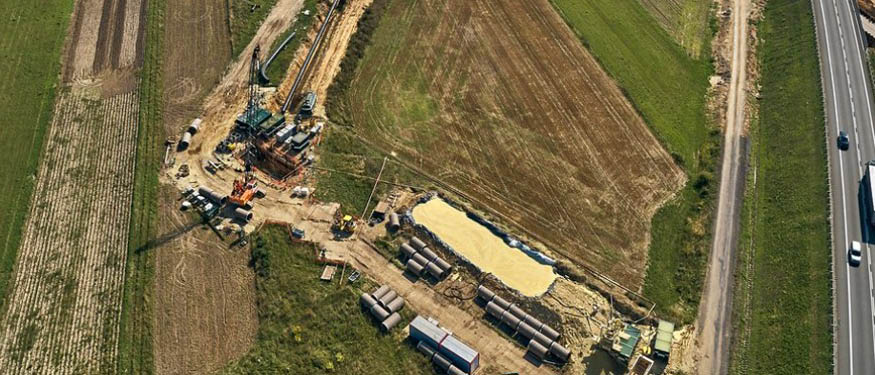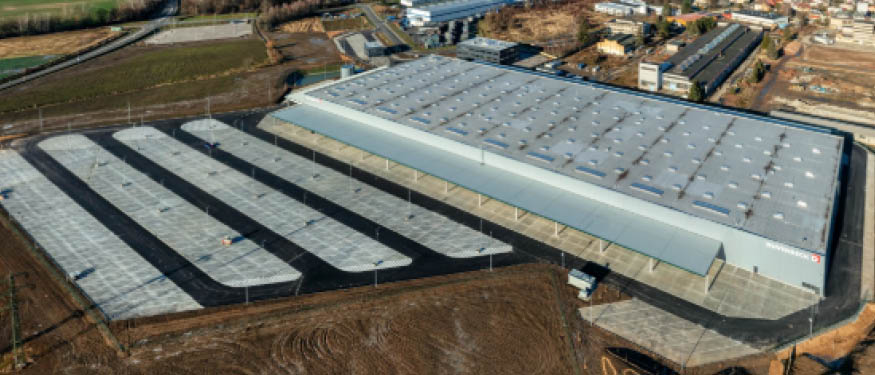I still vividly remember the sunny September day when, as a young lawyer, I arrived in Prague. I was joining a US law firm that had just opened offices in the old city. Its immense beauty, at that time still unknown but immediately close to me, was captivating.
The Debrief: March 2025
In The Debrief, our Practice Leaders across CEE share updates on recent and upcoming legislation, consider the impact of recent court decisions, showcase landmark projects, and keep our readers apprised of the latest developments impacting their respective practice areas.
The Corner Office: The Next Big Thing
In The Corner Office, we ask Managing Partners at law firms across Central and Eastern Europe about their backgrounds, strategies, and responsibilities. This time around, we asked: For 2025, what is the one sector or industry in the country that shows the most promise for growth, and why?
Greece’s Real Estate: A Market with a View
After a decade of economic challenges, Greece’s real estate market is thriving, fueled by a tourism boom and strong foreign investment. With property prices still below pre-crisis levels and a growing focus on sustainability, PPT Legal Partner Alexandra Mitsokali and Moussas & Partners Senior Partner Loukia Papachatzi explore the sector’s revival.
Greece’s Golden Visa: A Decade of Evolution
Since its initial launch in 2013, Greece’s Golden Visa program has proven to be one of Europe’s most enduring residency-by-investment initiatives. Over the years, it has continuously adapted to shifting economic conditions, investment landscapes, and EU-level scrutiny. Drakopoulos Senior Associate and Head of Immigration Angie Alevizou takes a closer look at its evolution, outcomes, potential future changes, legal challenges, and competitiveness going forward.
A Wave of Major Insolvencies in Austria
Austria continues to experience a wave of significant insolvencies, stretching court resources and prompting comparisons to past recessions. Recent legal frameworks have introduced new possibilities for restructuring, though so far with limited uptake. Taylor Wessing Counsel & Head of Insolvency Andreas Howadt examines both the immediate pressures – rising liabilities, high-profile failures, and logistical strains – and the evolving legal environment looking ahead to 2025.
Inside Insight: Simone Quantschnigg of Vamed Care
Overseeing legal matters for a complex healthcare organization demands both technical prowess and pragmatic decision-making – something Simone Quantschnigg has grown quite familiar with. Stepping in as General Counsel of Vamed Care group following a carve-out last year, Quantschnigg talks about her path from private practice to in-house leadership, the biggest adjustments in adopting an internal counsel role, and the forward-looking strategies she envisions for her evolving legal department.
Inside Insight: Konstantinos Argyropoulos of Space Hellas
With nearly three decades of experience in the legal and technology sectors, Space Hellas General Counsel Konstantinos Argyropoulos reflects on his journey as an international lawyer, from studying law in Athens, Paris II, and Harvard to leading the legal team of a multinational tech company.
Know Your Lawyer: John Kyriakides of Kyriakides Georgopoulos
An in-depth look at John Kyriakides of Kyriakides Georgopoulos covering his career path, education, and top projects as a lawyer as well as a few insights about him as a manager at work and as a person outside the office.
Know Your Lawyer: Florian Klimscha of Freshfields
An in-depth look at Florian Klimscha of Freshfields covering his career path, education, and top projects as a lawyer as well as a few insights about him as a manager at work and as a person outside the office.
Montenegro: PPPs – Legal Framework, Challenges, and Examples
PPPs represent a long-term collaboration between the public and private sectors, enabling more efficient construction, maintenance, and management of infrastructure, with an optimal distribution of risks and financial obligations.
Slovenia: Navigating Ljubljana’s Office Real Estate Landscape
Ljubljana, the capital of Slovenia, is currently witnessing a substantial increase in the development of Class A office spaces. Over the next three years, the city is set to introduce more than 100,000 square meters of new Class A office spaces. These developments are characterized by modern designs and a strong emphasis on sustainability, aiming to achieve energy certifications that are crucial for ESG compliance.
Slovakia: New Construction Legislation (Again), EIA, and Strategic Investments
Permitting of any projects is a long-standing problem in the Slovak Republic. It seemed that this problem would largely be solved by the new construction legislation that was approved in 2022 and was supposed to enter into force fully on April 1, 2024.
Bulgaria: Energy Storage Infrastructure on the Rise in Bulgaria
In recent years, Bulgaria has increasingly prioritized the development of energy storage infrastructure as part of its broader transition to a more sustainable and resilient energy system. With growing renewable energy capacity, particularly from solar and wind sources, the need for efficient storage solutions has become critical to balancing supply and demand.
Greece: Key Differences and Selection Criteria in Concession Agreements vs Public-Private Partnerships
Governments increasingly involve the private sector in infrastructure projects through concession agreements or public-private partnerships (PPPs). While both models attract private investment, they differ significantly in financial structures, risk allocation, and regulatory framework. Choosing the appropriate model depends on project objectives, revenue generation potential, and public sector involvement in funding and oversight.
Ukraine: Public-Private Partnership Legislative Transformation for Post-War Reconstruction in 2025
The year 2025 is poised to mark a significant legislative update in Ukraine’s public-private partnership (PPP) framework, representing a critical strategic approach to the country’s comprehensive post-war reconstruction efforts. The government, Parliament, and key stakeholders are actively preparing for an extensive rebuilding effort focused on infrastructure damaged during military hostilities. This process will rely on support from the European Union, the United States, international financial institutions, and other major donors.
Small Debts Simplified Claims Threshold Increase Welcomed by Romanian Businesses
On April 8, 2025, the lower Romanian chamber of the Parliament approved the legislative proposal no. 606 (Proposal) that aims to raise the threshold pertaining to the initiation of a specific type of lawsuit concerning debt recovery.
Employing Foreign Nationals in Romania: Challenges, Regulations, and Solutions to Overcome Labor Shortages
Romania continues to experience a significant labor shortage due to widespread emigration and demographic decline, particularly in the construction, trade, and HoReCa (Hotel/Restaurant/Café) sectors.

